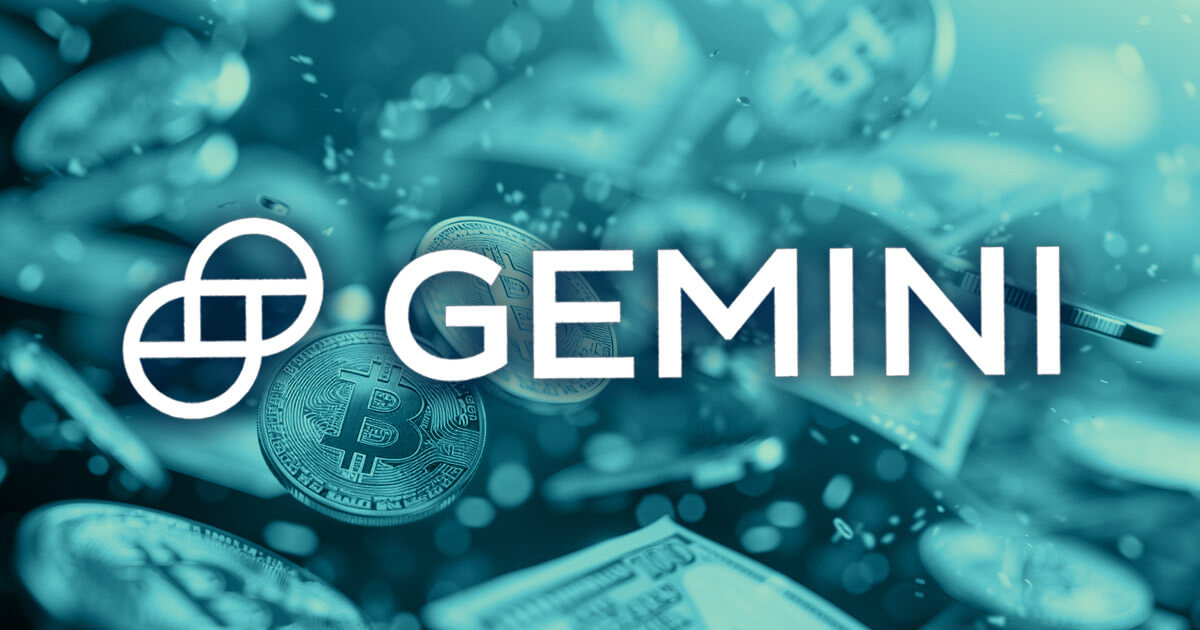U.S. Vice President Kamala Harris is not yet the Democratic nominee for this year’s presidential elections, but it sure looks like she will be, following President Joe Biden’s decision to withdraw and the flood of Harris endorsements that ensued over the past day.
Harris has extensive ties to the tech industry—unsurprisingly for someone who was a San Francisco prosecutor as well as a California attorney general and senator. She was at the wedding of early Facebook executive Sean Parker and is close to the likes of LinkedIn cofounder Reid Hoffman, billionaire Laurene Powell Jobs, and venture capitalist John Doerr. “We’re family,” she told Google employees in 2010 when successfully campaigning for the AG role.
But what are her tech policies? Her past statements provide some clues.
Antitrust and privacy
Harris has expressed openness to the breakup of industry giants—but hasn’t outright called for such a drastic step in the vein of Sen. Elizabeth Warren (D-Mass).
“I think we have to seriously take a look at [a Facebook breakup], yes,” she said in 2019 when Facebook was under the spotlight over privacy and both Harris and Warren were presidential candidates. “We have to recognize it for what it is: It is essentially a utility that has gone unregulated. And as far as I’m concerned, that’s got to stop.”
“I believe that the tech companies have got to be regulated in a way that we can ensure and the American consumer can be certain that their privacy is not being compromised,” she said the same year, calling privacy her “first priority.”
Back in 2010, when running for California attorney general, Harris warned against “shortsighted” antitrust enforcement, arguing that “we can’t stand in the way of business growth and development.”
Online safety
Also in 2010, Harris weighed in on the subject of online child safety—a hot-button issue today, with multiple congressional bills in play.
“I would suggest to you, based on the work that I’ve done, that the best way to deal with that is prevention, which means educating the parents and teachers and the community that is raising that child to understand that technology in a way that they can teach the child what we otherwise teach children when we cross the street,” she said.
Meanwhile, Harris launched a White House task force on online harassment and abuse a couple years ago. “We still have so much more work to do to protect people from online harassment and abuse, which is why the work of this task force is so important,” she said at the time. “No one should be afraid that an abuser will use their private personal data—or that a person’s private personal data will be used against them. And all people deserve to use the Internet free from fear.”
AI
Harris, who Biden anointed as his AI regulation czar, is definitely a fan of AI regulation. “To define AI safety, I offer that we must consider and address the full spectrum of AI risk—threats to humanity as a whole, as well as threats to individuals, communities, to our institutions, and to our most vulnerable populations,” she told a U.K. summit on the subject last year. “We must manage all these dangers to make sure that AI is truly safe.”
At the time, she described the AI sector’s voluntary commitments as an “initial step” and called for “legislation that strengthens AI safety without stifling innovation.”
TikTok ban
The U.S. may now have a law requiring TikTok owner ByteDance to sell the popular platform or see it banned in the country, but Harris insisted in March that “we have no intention to ban TikTok.”
“It’s an income generator for many people, what it does in terms of allowing people to share information in a free way, in a way that allows people to have discourse, it’s very important,” she said.
That actually roughly aligns her with former President Donald Trump, who once favored a TikTok ban but changed his mind this year. Trump and his running mate have also notably come out as pro-cryptocurrency, but that’s not a subject on which Harris has expressed any strong views yet.
To be sure, this election is very unlikely to hinge on tech policy. But with Silicon Valley heavyweights like Elon Musk and Marc Andreessen endorsing Trump, these issues could come into play—and if Harris does indeed become Trump’s opponent, the balance she strikes between pro-consumer and pro-industry stances could make her a tricky target on that front.
More news below.
David Meyer
Want to send thoughts or suggestions to Data Sheet? Drop a line here.
NEWSWORTHY
CrowdStrike aftermath. CrowdStrike, the cybersecurity company whose broken update for Windows computers caused the worst IT disaster in history late last week, says “a significant number” of the devices are working again, the BBC reports. Microsoft says 8.5 million computers, or less than 1% of all the Windows machines out there, were crashed in the incident. The catastrophe hit the stock markets, but a Nasdaq recovery was apparent this morning. However, some companies are still struggling to get their systems working again, with airlines like Delta still canceling flights today. The severe impact to electronic payments has also given a good argument to those campaigning against society going cashless, the Guardian reports.
Meta’s Nigerian fine. Nigeria’s antitrust agency has fined Meta $220 million for various abuses and ordered the company to change its ways, Reuters reports. In a Friday order, the Federal Competition and Consumer Protection Commission said Meta would have to let Nigerian users withdraw or restrict their consent to the processing and sharing of their data, “without losing functionality or deleting the application.” It will also have to stop tying WhatsApp to Facebook in the country, as well as update its privacy policy “in an intelligible format” so Nigerians can assert their privacy rights.
Crypto platform suspends trading. The giant Indian crypto platform WazirX has suspended trading activities following the theft of around $230 million from one of the wallets in which it stores customers’ assets, TechCrunch reports. This amounts to almost half of the platform’s reserves, meaning WazirX may be unable to fully reimburse customers. Blockchain analytics experts reckon North Korea was probably behind the theft.
ON OUR FEED
“There is a concerning discrepancy between the number of U.K. child abuse image crimes taking place on Apple’s services and the almost negligible number of global reports of abuse content they make to authorities.”
—Richard Collard, head of child online safety at the U.K.’s National Society for the Prevention of Cruelty to Children, accuses Apple of heavily undercounting instances of child sexual abuse imagery being stored and transferred in its encrypted services. The NSPCC compared Apple’s public disclosures with British police data.
IN CASE YOU MISSED IT
Trump ‘betrayed’ Elon Musk with ‘EV-bashing’ RNC speech even after his $180 million pledge, GOP strategist says, by Eva Roytburg
J.D. Vance’s public Venmo account highlights ties to group behind Project 2025—as well as alumni of ‘elite universities’ the nominee has condemned, by Seamus Webster
This Gen Z startup raised $41.5 million as the ‘anti-Facebook’, by Sasha Rogelberg
7th ex-eBay worker sentenced for ‘unspeakable campaign of harassment’ involving a fetal pig and live bugs, by the Associated Press
The U.S. reigns supreme in AI startups while China ensures chatbots have ‘core socialist values’, by Jason Ma
Gen Z job seekers should be willing to work for free, long hours, ‘willing to do anything,’ says Squarespace CMO, Orianna Rosa Royle
BEFORE YOU GO
Screen scraping ruling. A Delaware jury unanimously found that Booking.com broke the Computer Fraud and Abuse Act by scraping data from the website of the budget airline Ryanair. As RTÉ reports, the travel booking platform had used automated tools to find and resell Ryanair tickets. Ryanair’s colorful CEO Michael O’Leary said he hoped European regulators would now outlaw that practice, which he described as “internet piracy and overcharging.” Booking.com said it would appeal, arguing that “allowing customers to access and compare fares across the travel industry promotes consumer choice.”
Credit: Source link















































